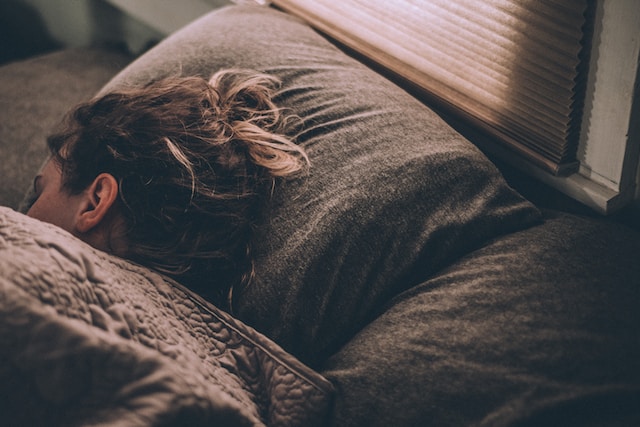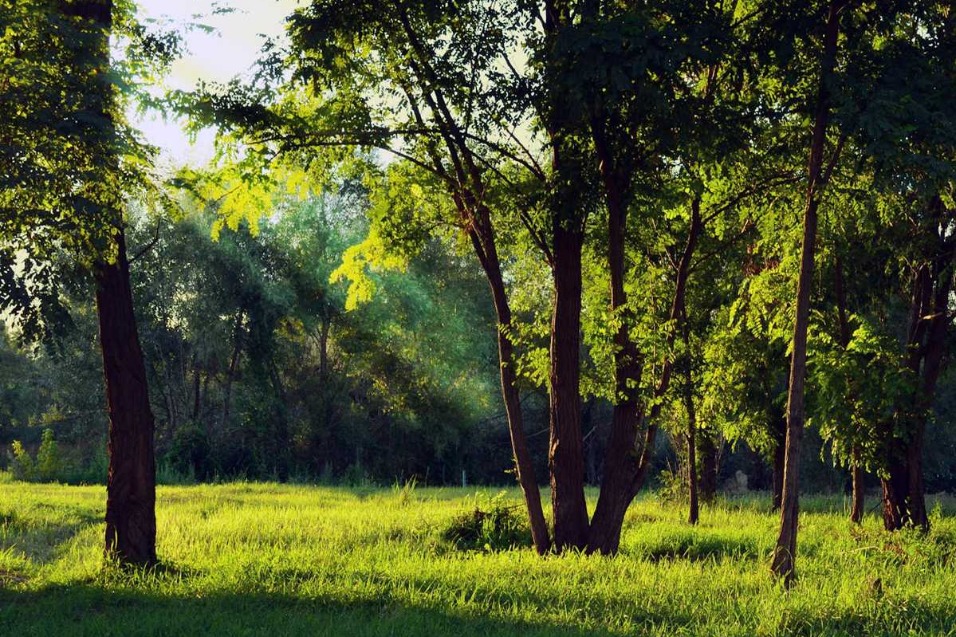人类需要冬眠吗? Do humans need to hibernate, too? What the research shows
中国日报网 2024-01-23 17:30

自打入冬以来,相信很多人每天早上都会和自己的被窝上演一出“生死离别”的大戏。
特别是那些每天都要早起的“上班族”和“上学族”,不管闹钟响了几次总是感觉睡不醒、不想和被窝分开,这是咋回事儿呢?
难道一到冬天人类也是会像动物一样要冬眠吗?

“If you feel like sleeping more in the winter, you’re not alone,” said Dr. Raj Dasgupta, an associate professor of clinical medicine at Huntington Memorial Hospital in Pasadena, California, citing research that found at least a third of American adults reported they sleep more in the winter.
加利福尼亚州帕萨迪纳亨廷顿纪念医院临床医学副教授拉吉·达斯古普塔博士说:"如果你觉得冬天睡得更多,那你并不孤单。"他引用的研究发现,至少有三分之一的美国成年人表示他们在冬天睡得更多。
一直以来,我们都认为,与动物相比,季节对人类睡眠的影响微乎其微。直到2023年2月发表的一项研究发现,事实并非如此。
The 188 patients who underwent sleep studies at St. Hedwig Hospital in Berlin slept about an hour longer in winter than they did in summer, which the authors said wasn’t statistically significant. But participants did get 30 more minutes of rapid eye movement, or REM, sleep during winter.
在柏林圣赫德维格医院接受睡眠研究的188名实验对象在冬季比夏季多睡了约一个小时,研究作者认为这并不具有统计学意义。但参与者在冬季的快速眼动睡眠时间确实多了30分钟。
The REM phase of sleep is the sweet spot of sleep cycles, characterized by more dreaming and faster heart rate and breathing than in other stages. It’s “an essential stage of sleep that helps with memory, concentration, mood regulation and immune function,” Dasgupta said.
快速眼动睡眠阶段是睡眠周期中的高质量睡眠阶段,其特点是比其他阶段做梦更多,心率和呼吸更快。达斯古普塔说:"这是一个重要的睡眠阶段,有助于提高记忆、集中注意力、情绪调节和改善免疫功能。
The desire for, or occurrence of, more sleep during winter may have to do with how light fluctuates throughout the year.
在冬季渴望或出现更多睡眠,可能与全年的光照波动有关。
光线如何影响睡眠
“Our bodies receive cues from the sun when it comes to our circadian rhythm, meaning that when it is bright outside we tend to be active, but when the sun goes down, you may tend to feel tired,” Dasgupta said. “The decrease in sunlight causes an increase in melatonin, a hormone made in the body that regulates sleep-wake cycles.”
达斯古普塔说:"在昼夜节律方面,我们的身体会接受来自太阳的提示,也就是说,当室外阳光明媚时,我们往往会很兴奋,但当太阳下山时,你可能会感到疲惫。"阳光的减少会导致褪黑素的增加,褪黑素是人体内产生的一种调节睡眠-清醒周期的激素。
With the earlier production of melatonin during winter, “it would be natural to assume that a healthy person also would need more sleep during the winter,” said Dr. Carleara Weiss, a research assistant professor in the Center for Nursing Research at the University of Buffalo.
布法罗大学护理研究中心研究助理教授卡丽拉·韦斯博士说:“由于冬季褪黑素分泌较早,我们自然会认为健康的人在冬季也需要更多睡眠。”
And light influences not only sleep quantity but also sleep quality. “REM sleep is highly affected by light and darkness, so when during the winter months we have less light, the body is going to basically overcompensate by giving more REM sleep,” said Dr. Joshua Tal, a New York City-based clinical psychologist specializing in sleep issues.
光照不仅影响睡眠时间,而且影响睡眠质量。纽约市睡眠问题临床心理学家约书亚·塔尔博士说:"快速眼动睡眠受光照和黑暗的影响很大,因此当冬季光照减少时,身体基本上会通过提供更多的快速眼动睡眠来过度补偿。”
Humans still don’t need to hibernate, Weiss said, nor can we afford to due to our social and occupational obligations. “But we can make adjustments to perform in a better way, to rest in a better way during winter,” she said.
韦斯说,人类不需要冬眠,由于我们的社会和职业义务,我们也无法冬眠。"但我们可以做出调整,在冬季以更好的方式活动,以更好的方式休息。
“To help our bodies make this transition from sleep to wake, it’s important to have light exposure in the morning during winter months,” Weiss said. “Along with that, it’s important to keep a consistent bedtime and wake-up times.”
韦斯说:"为了帮助我们的身体完成从睡眠到清醒的过渡,在冬季的早晨进行光照是很重要的。与此同时,保持一致的就寝和起床时间也很重要。”

















 英语点津微信
英语点津微信 双语小程序
双语小程序